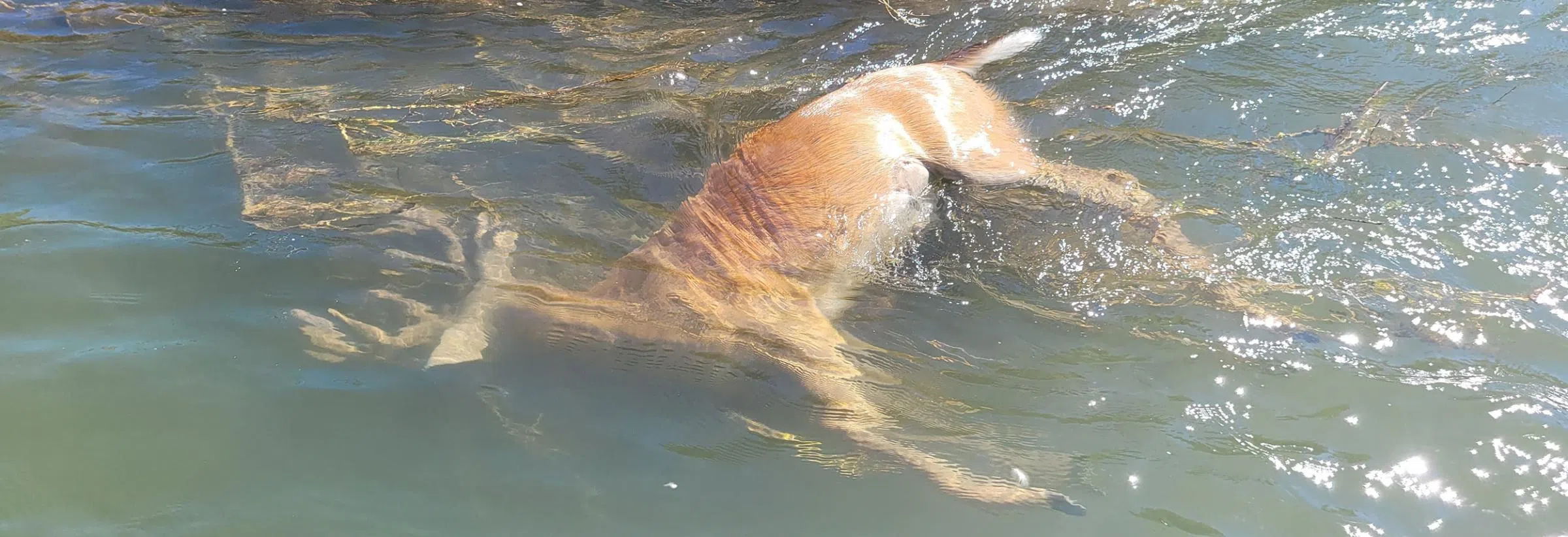
The state Game and Fish Department is allowing hunters with whitetail or “any” deer gun licenses in several units in western North Dakota the option of turning those licenses in for refunds.
Casey Anderson, wildlife chief, said the decision is based on scattered reports of white-tailed deer mortality caused by epizootic hemorrhagic disease that began in late August.
Hunters with antlered whitetail, antlerless whitetail, any antlered and any antlerless licenses, are eligible for refunds in units 3D1, 3D2, 3E1, 4B, 4C, and 4D. Hunters who return their licenses will have their bonus points restored, if applicable, to the same number of points prior to the 2024 deer gun lottery.
“Compared to previous years, this outbreak appears mild and less extensive,” Anderson said. “However, it’s possible that some hunters could notice an impact in localized areas.”
Department staff will continue to monitor reports to determine if licenses in additional units should become eligible for refunds due to the EHD outbreak. Hunters and landowners should report any dead deer along with photos, if possible, to the department through the online wildlife mortality reporting system, at gf.nd.gov/mortality-report.
Before deciding to turn in a license, Anderson urges license holders to make local contacts to find out the extent of mortality in their hunting unit.
“Most areas within these units have not been heavily affected and a good deer harvest is still needed,” he said. “But a little scouting and a phone call or two will help to make an informed decision.”
License holders who qualify and want a refund must mail their tag, along with a note requesting a refund due to EHD, to the Game and Fish Department’s Bismarck office no later than Nov. 8. Envelopes postmarked Nov. 8 will be accepted.
EHD, a naturally occurring virus that is spread by a biting midge, is often fatal to infected white-tailed deer, while mule deer do not usually die from the disease. Hunters do not have to worry about handling or consuming meat from infected deer because the virus that causes EHD is not known to cause disease in humans. In addition, the first series of hard frosts typically kills the midge that transmits the EHD virus and will slow or halt the spread of the disease.




Comments